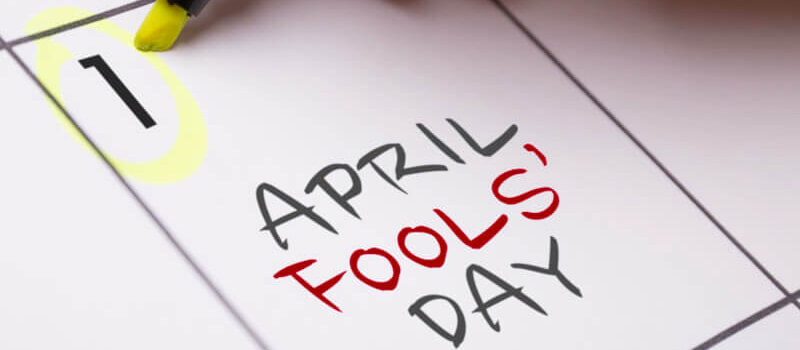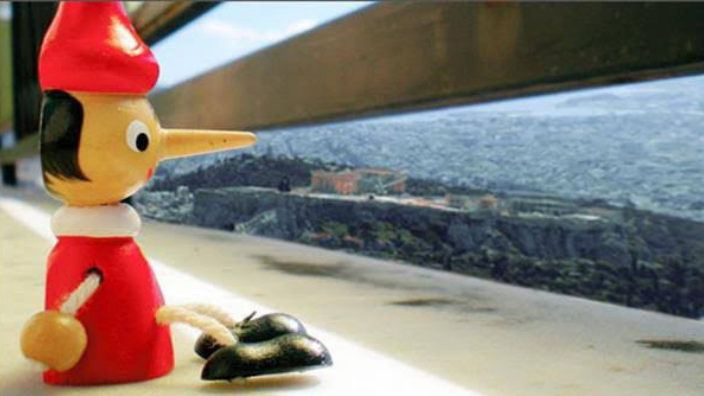April Fools’ Day — on April 1 each year — has been celebrated for several centuries by different cultures. Traditions include playing hoaxes or practical jokes on others, often yelling “April Fools!” at the end to clue in the subject of the April Fools’ Day prank.
While its exact history and origins are shrouded in mystery, the embrace of April Fools’ Day jokes by the media and major brands has ensured the unofficial holiday’s long life.
Origins of April Fools Day:
There are two scenarios regarding the origins of April Fools’ Day. One version says the tradition originates with the Celts. The Celtic fishing season begun on April 1st but during that period, there were not that many fish, leading the fishermen to lie about the amount of fish that they caught.

Another, more historically acceptable version regarding the origins of April Fools day, dates back to 1582 when France switched from the Julian calendar to the Gregorian calendar. This switch meant New Year’s would be celebrated on January 1st instead of April 1st. The people of France were divided in two – with some opposing the change and continuing with the celebration on April 1st, while others accepted the change but continued to send New Year’s presents on April 1st as a tease.
April Fools Day in Greece:
Since Greece belongs to Europe, the April Fools tradition spread throughout the country as well, with a slightly different version.
The basic idea was that Greeks started telling small, innocent lies on April 1st, thinking that whoever manages to trick the “victim,” will have luck along his/her side for the rest of the year.
In other parts, it is believed that the person who plays the trick, will have good crops.
In addition, if it rains on April Fools’ Day, in some parts in Greece, the water is believed to have healing powers.

